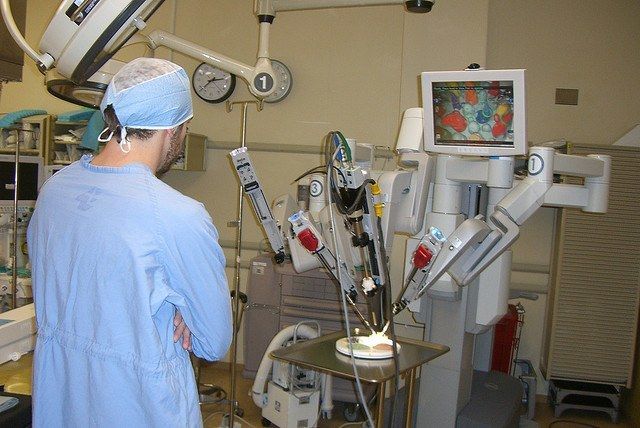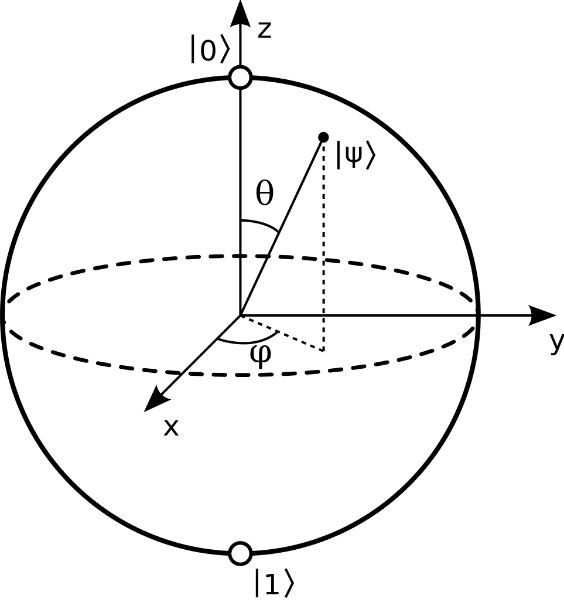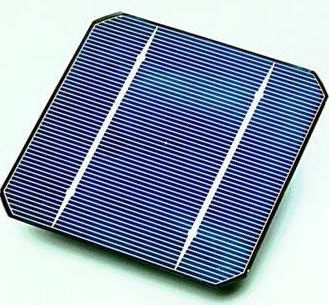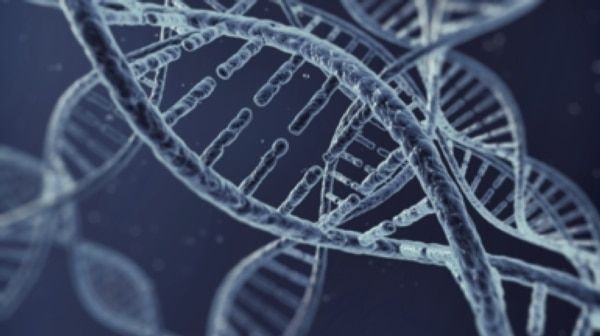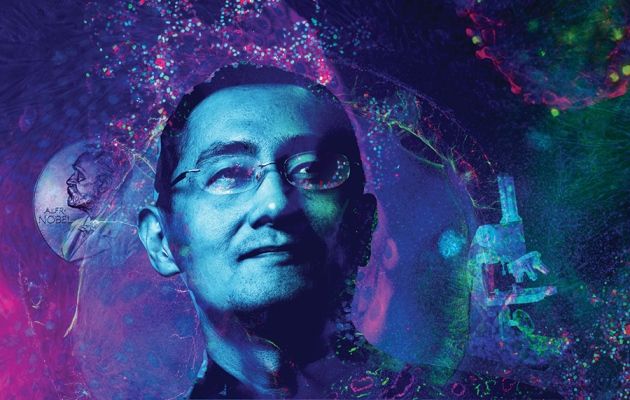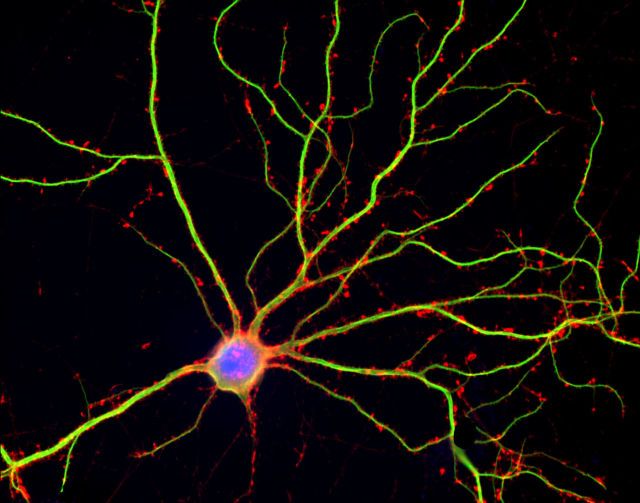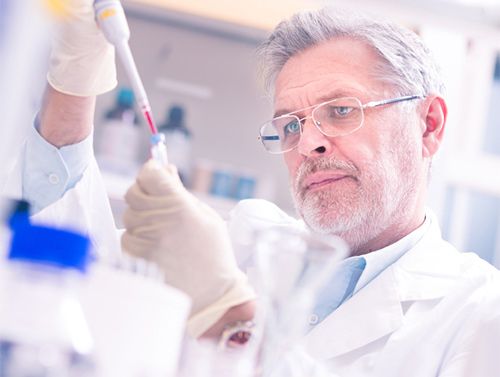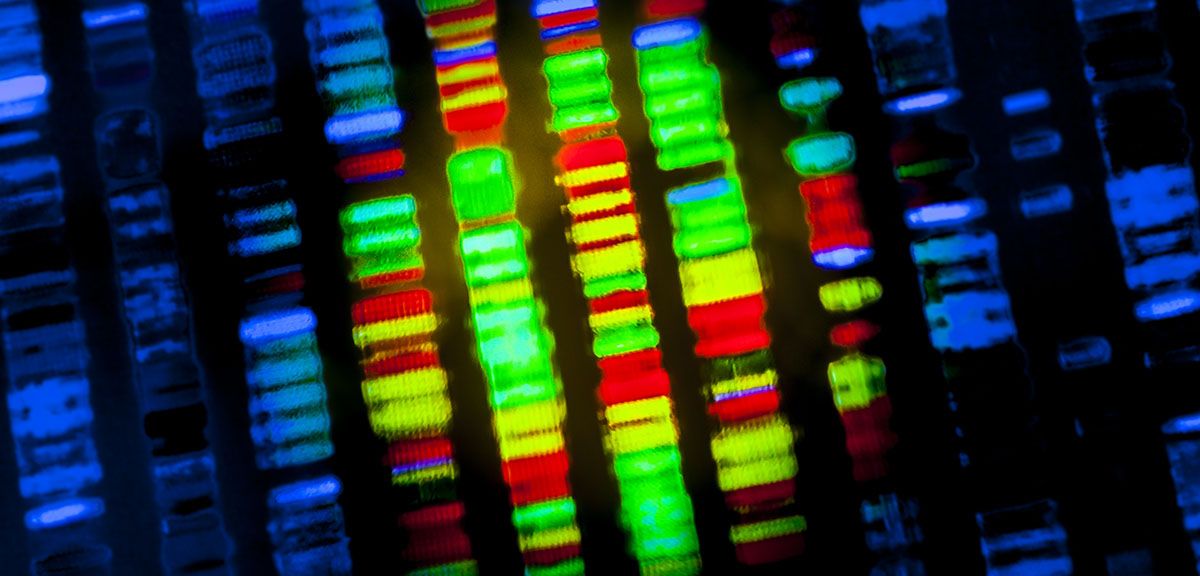Jun 15, 2016
8 Digital Health Jobs of the Future to Watch
Posted by Karen Hurst in categories: 3D printing, 4D printing, computing, drones, employment, health, information science, internet, quantum physics, robotics/AI
Agree. So as a tech engineer, futurist, innovator, leader you have 3 key tracks to remain relevant in the future: bio/ living technology, quantum, and a hybrid of living/ bio meets quantum computing.
Editor s Note: Richard van Hooijdonk is a futurist and international keynote speaker on future technologies and disruption and how these technologies change our everyday lives. Van Hooijdonk and his international team research mega trends on digital health, robotic surgery, drones, the internet-of-things, 3D/4D printing, Big Data and other how new technologies affects many industries.
With people living increasingly longer lives, medical care from surgeons, physicians, pharmacists and dentists will increase as well. And since the future of healthcare will look very different from what it is today, the medical field may just be the right industry for you, even if being a doctor or nurse is not your calling. Many new technologies will be incorporated into the healthcare industry and we will see things like robotic surgeries and 3D-printed organ implants, to name a few. This means we will be seeing a whole new host of career opportunities, even for jobs that don t actually exist yet.
Continue reading “8 Digital Health Jobs of the Future to Watch” »
